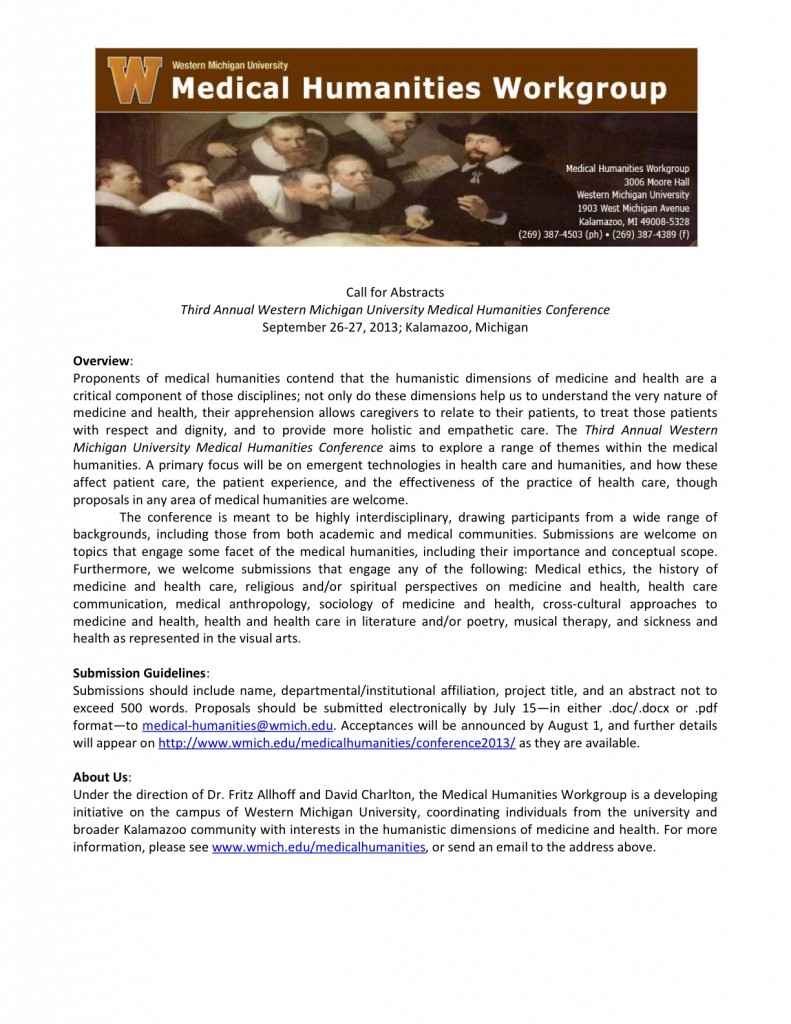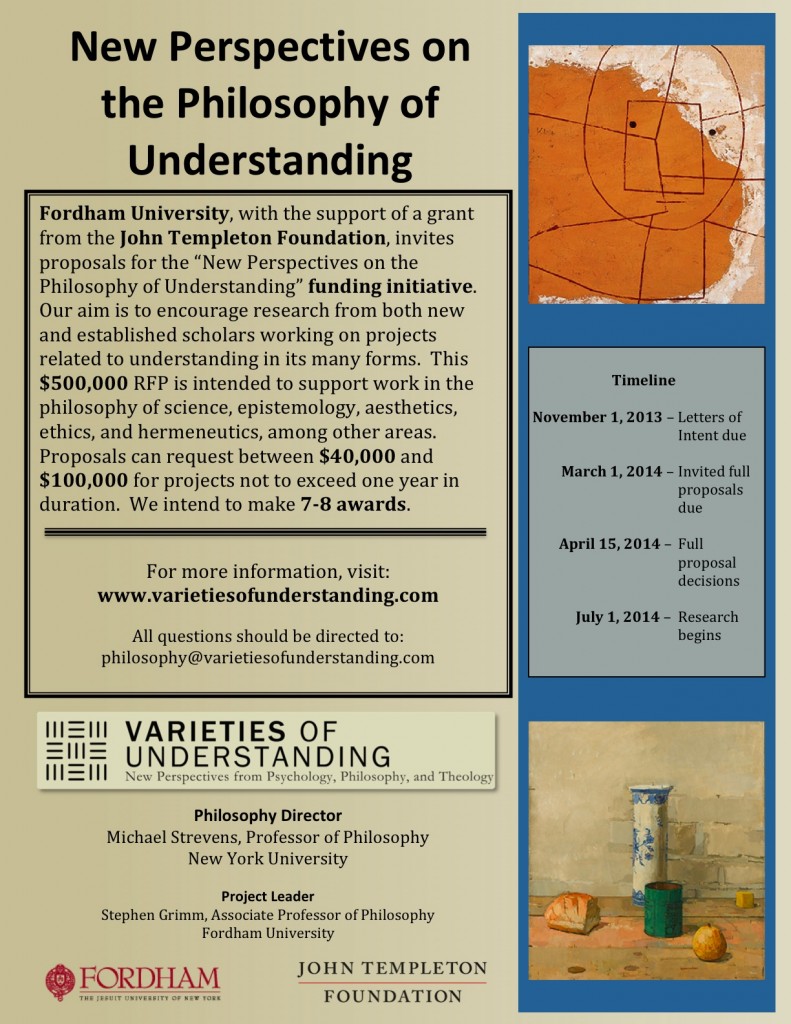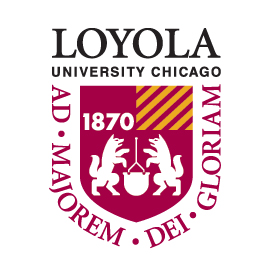Call for Abstracts
Thirty-First International Social Philosophy Conference
sponsored by
The North American Society for Social Philosophy
July 17 – July 19, 2014
Southern Oregon University
Ashland, Oregon, USA
Proposals in all areas of social philosophy are welcome, but special attention will be devoted to the theme:
Power, Protest, and the Future of Democracy
Some possible paper topics include:
· The Aims and Uses of Protest
· Protest and Human Rights
· Civil Disobedience
· Protest and Deliberative Democracy
· The Future of Protest
· Transnational Solidarity and Protests
· Protest and Complacency
· Forms of Power
· Democratizing Global Political Power
· Democracy and Disenfranchisement
· The Justification of Political Power
· Global Capitalism and Democracy
We welcome submissions from both members and non-members, but we require that all presenters join the North American Society for Social Philosophy if their papers are accepted and if they present at the conference.
Please submit a 300-500 word abstract here: bit.ly/nassp2014
Submission Deadlines:
For those living in Canada or the U.S.: March 15, 2014.
For those living outside of the United States and Canada: January 15, 2014.
The Program Committee:
Professor Mark Navin of Oakland University (Chair), Professor Elizabeth Sperry of William Jewell College, and Professor Peter Higgins of Eastern Michigan University.
Members of the Program Committee may be reached at: nassp2014@gmail.com
NASSP Support for International Presenters
The NASSP will waive fees for conference registration and for the banquet for those participants traveling from outside of the United States and Canada.
NASSP Conference Awards for Graduate Students
The North American Society for Social Philosophy has established the NASSP Awards for Best Graduate Student Papers to promote new scholarship in social philosophy and to encourage student participation in our Conference.
The winners of the annual prizes each receive $300. The prizes are awarded only to conference attendees, though there is no obligation to use the money for conference-related costs. Any graduate student enrolled in a program towards a degree beyond the B.A. or first university diploma is eligible.
The paper may address any topic in social philosophy. Papers should be no more than 3,000 words (include a word count with submission), and they should conform to the requirements set out by the APA for colloquium submissions to annual Divisional meetings.
Those who want to be considered for this award should send their full papers tonassp2014@gmail.com – and they should also submit their abstracts atbit.ly/nassp2014 – by March 15, 2014.



